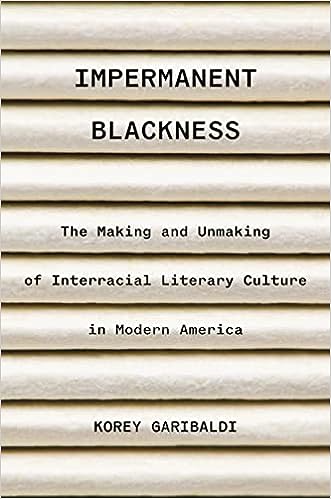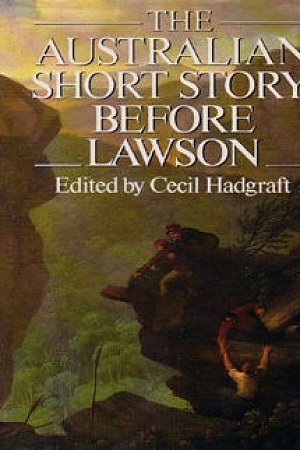Impermanent Blackness: The making and unmaking of interracial literary culture in modern America
Princeton University Press, US$29.95 hb, 288 pp
Across racial lines
'Interracial,’ explains Korey Garibaldi in his compelling first book, is a term ‘not as familiar as it once was’, though it was often used in the United States during the first half of the twentieth century to describe ‘cross-racial collaborations and cultural influences’ across the literary world. One of the most influential advocates of such literary interracialism was W.S. Braithwaite, a poet, critic, and anthologist born in Boston in 1878 to a British Guyanese father and an African American mother, with Braithwaite boldly declaring that ‘all great artists are interracial and international’. Garibaldi’s critical work traces the ups and downs of this interracial aesthetic from the beginning of the twentieth century to the 1960s. In the process, he adds another dimension to our understanding of the complex racial dynamics of this era.
For most of this period, American authors tended to take experimental pleasure in tracing affinities and crossovers between different racial categories. Gertrude Stein’s story ‘Melanchtha’, part of her Three Lives (1909), provocatively describes a love affair between a Black man and a mixed-race woman, while authors such as Frank Yerby and John O. Killens, who are not much read today, were much admired in their own time for aspiring to transcend narrow racial classifications and instead treat human experience as part of a universal whole.
Continue reading for only $10 per month. Subscribe and gain full access to Australian Book Review. Already a subscriber? Sign in. If you need assistance, feel free to contact us.
















Leave a comment
If you are an ABR subscriber, you will need to sign in to post a comment.
If you have forgotten your sign in details, or if you receive an error message when trying to submit your comment, please email your comment (and the name of the article to which it relates) to ABR Comments. We will review your comment and, subject to approval, we will post it under your name.
Please note that all comments must be approved by ABR and comply with our Terms & Conditions.